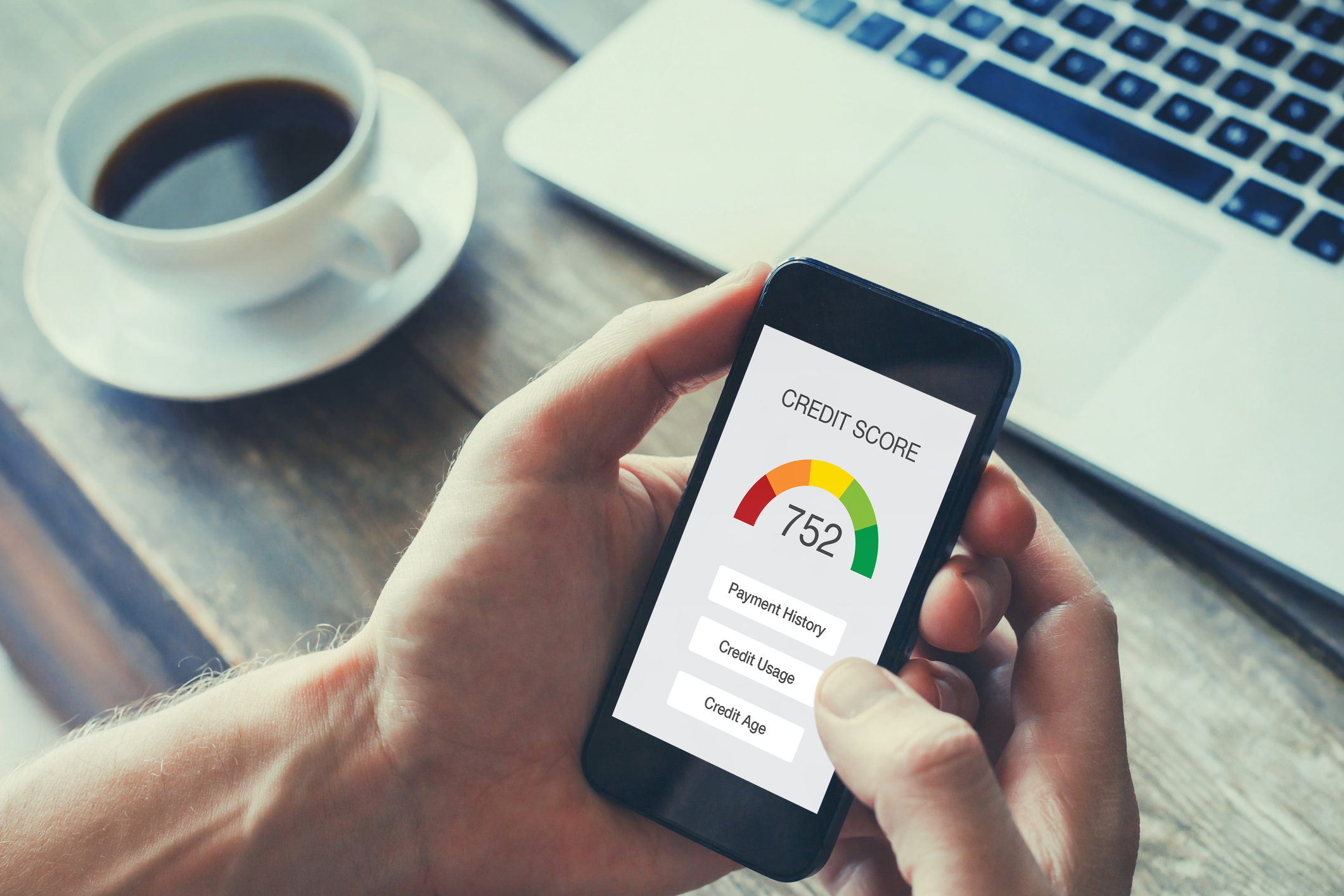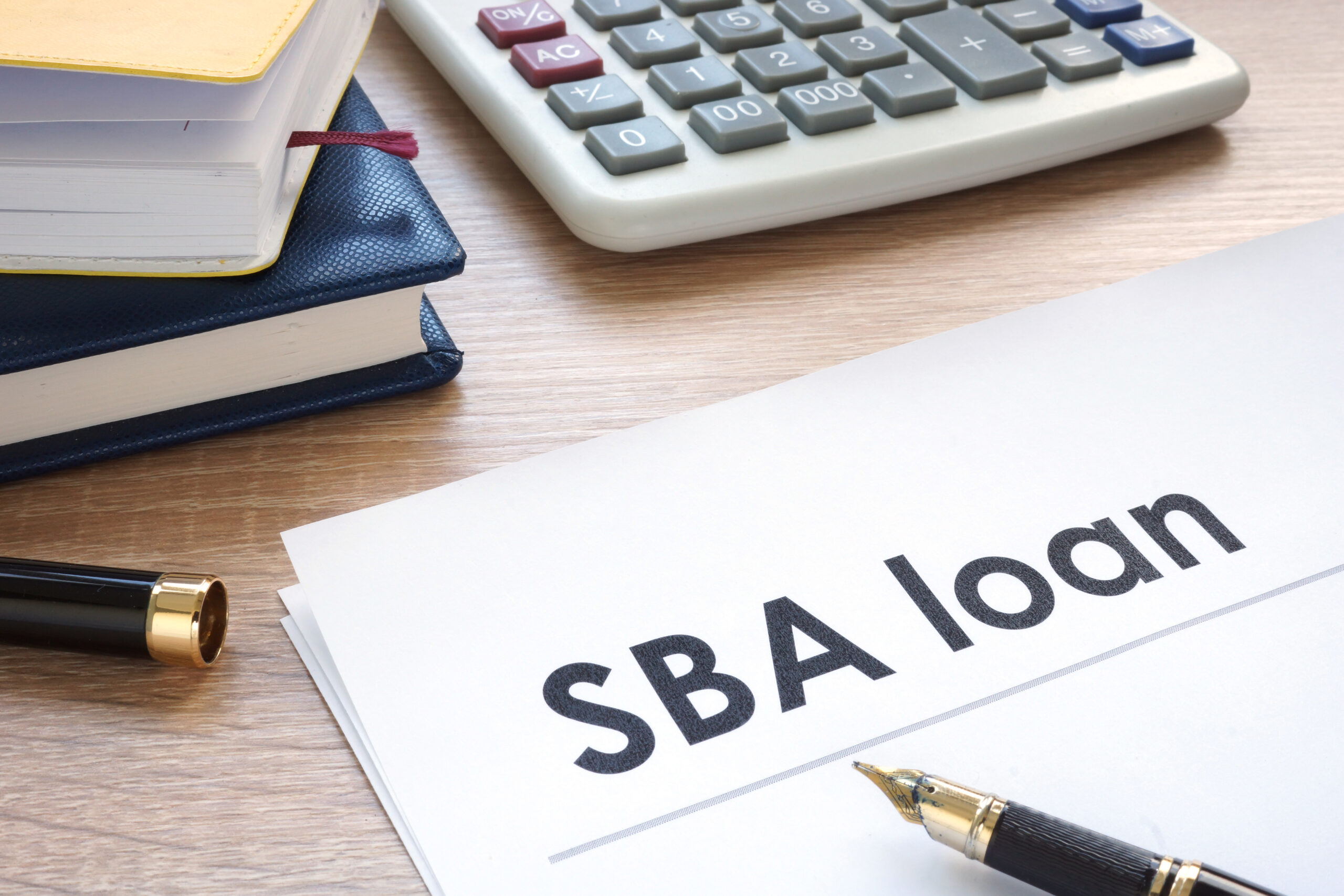Ready to purchase a new vehicle but worried about getting approved for a car loan? There are multiple items that lenders consider when deciding to approve an auto loan. One of the most important items is your credit score.
A credit score is a number that’s based on how you use debt. The most popular model uses to calculate credit scores is the FICO® Score. The FICO® Score is used by 90% of top lenders, according to Fair Isaac Corp.
The model uses your payment history, age of your debt accounts and credit utilization to predict if you’re likely to repay a debt. While credit scores are anywhere from 300 to 850, the average FICO® credit score is 716. The higher your credit score, the better your chances of obtaining approval for a car loan with favorable terms.
What Credit Score Should You Have to Buy a Car?
A credit score of 700 or above is preferential for obtaining a low-interest rate for your auto loan. Credit scores of 740 or above can qualify for the lowest rates and best loan terms. Know that you don’t need a credit score of 700 to buy a car. It’s possible to purchase a vehicle with a credit score as low as 500.
If you have a low credit score, you might pay a higher interest rate to compensate the lender for the additional risk. Once your credit score drops below 500, you can have considerable difficulty getting approved for an auto loan.
Which Credit Score Do Most Car Dealerships Use?
Many car dealerships use a credit scoring model known as a FICO® Auto Score. This number varies from 250 to 900. It examines your prior use of car loans more intensely than conventional credit scores. The FICO® Auto Score gives more weight to your previous car loan payment history and whether you’ve ever had a car repossessed.
How Can You Positively Impact Your Credit Before Buying a Car?
Before you start applying for car loans, it’s wise to positively impact your credit as much as possible. First, go over your credit report for any inaccuracies. You can dispute these inaccuracies with the credit bureaus.
Second, make all your loan payments on time. If you use revolving credit, like credit cards or credit lines, pay your balances down so that you’re using 30% or less of your available credit. For example, if you have a credit card with an available balance of $10,000, pay it down, so the balance is $3,000 or less.
Third, avoid closing old accounts that you don’t use, as this tends to decrease your credit score.
Finally, a credit monitoring service can help you monitor your credit report as well as provide tools, reports and analysis, so you know what actions to take to positively impact your credit scores.













